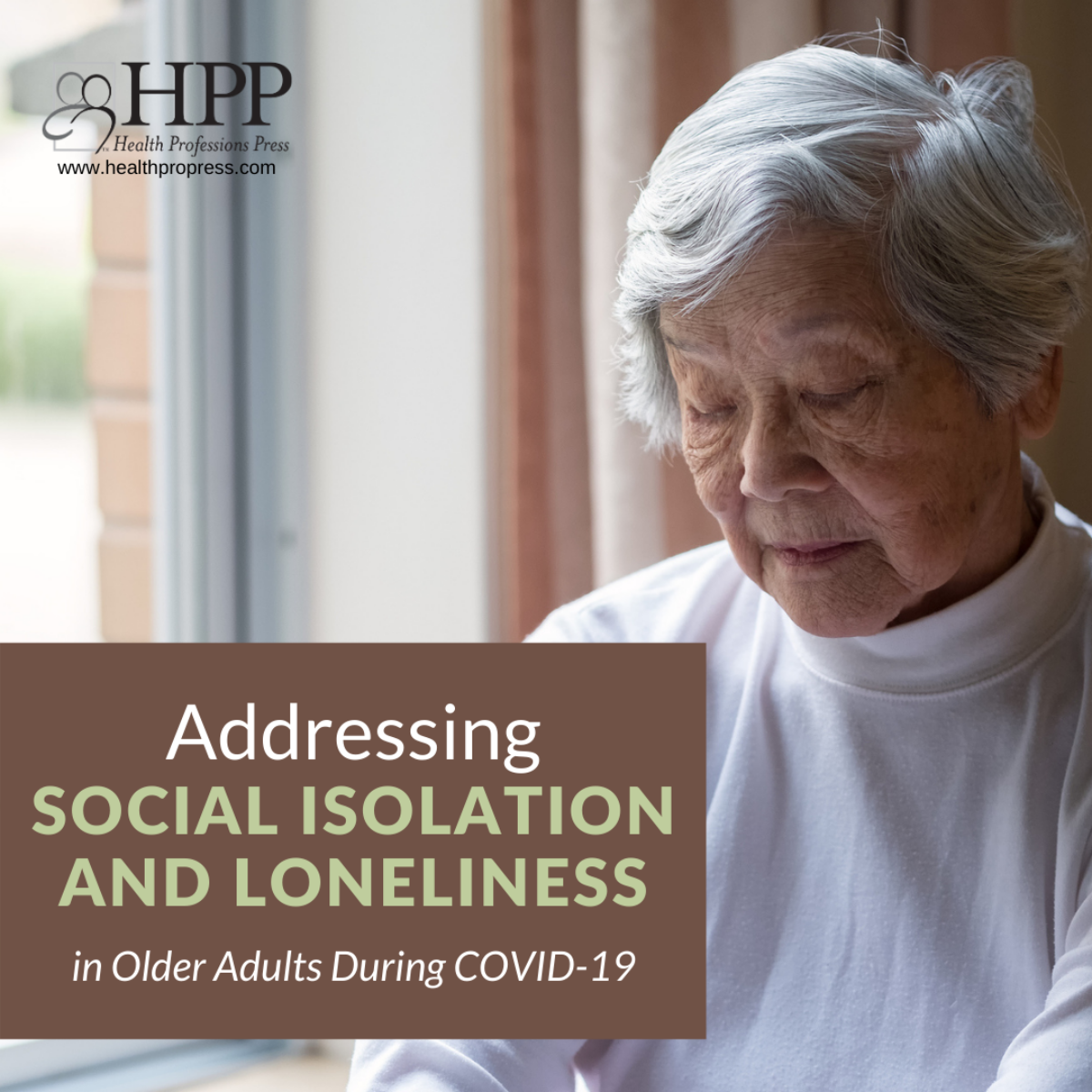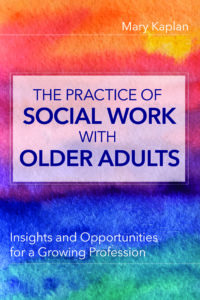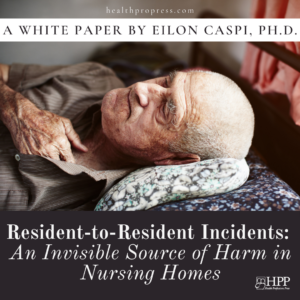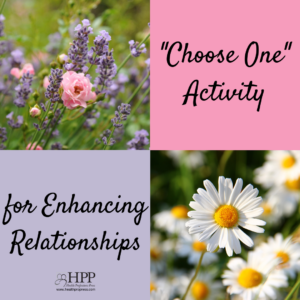
Addressing Social Isolation and Loneliness in Older Adults During COVID-19
Social isolation and loneliness, which were problems for many older adults before the coronavirus pandemic, have become an even greater issue with the restrictions on travel and contact with others. While some who live alone may have been able to see family, friends, or neighbors or taken trips to buy groceries or go to medical appointments, the virus has shut most people away inside their homes, which means even those few interactions have been lost. Online technologies and social media, which can provide a social support network and a perceived sense of belonging, are not as available to many older adults due to poor access or relative digital illiteracy. Even people who live in residential care facilities suffer from social isolation and loneliness, as contact with friends, family, and caregivers has been limited during the pandemic.
Researchers have defined social isolation as the objective reality of living alone and loneliness as subjective feeling of distress. They know that not everyone who lives alone is lonely, and some people who live with others are lonely.
Social isolation and loneliness have a detrimental impact on the physical and mental health of older adults. Those at increased risk include individuals who are single; live alone; or have lower incomes, low educational levels, a poor self-report of health, chronic illnesses, or functional impairments. Poor health outcomes associated with social isolation and loneliness include less physical activity, more tobacco and alcohol use, a greater number of chronic illnesses, higher depression scores, cognitive dysfunction, and mortality.
Interventions for older adults who are socially isolated or lonely at home or quarantined at healthcare facilities:
Assessment.
Given the negative health and psychosocial effects of social isolation and loneliness, screening for loneliness should be included as part of a geriatric assessment. Once loneliness has been identified, it is important to discuss this issue with the individual.
Quality over quantity.
For older adults experiencing isolation, having more close or meaningful relationships may be protective, rather than just having more interactions with others. Maintaining these connections during the pandemic may require assistance in using technology to connect with loved ones.
Resource assessment.
Many older adults lack the resources required to deal with the stress of COVID-19, such as access to smart technology, contact with family members or friends, or the ability to engage in physical exercise or participate in activities or routines. Clinicians and caregivers should estimate resource availability and consider ways of mitigating the absence of these resources for each individual and family.
LISTEN.
Loneliness Intervention using Story Theory to Enhance Nursing-sensitive outcomes (LISTEN) is one therapeutic intervention model being used to reduce the social stigma associated with loneliness and to help older adults cope with the challenges of loneliness. The core topics of LISTEN include a sense of belonging over the life course, past and current relationships, community involvement, the meaning of loneliness, and coping with loneliness. Discussing these topics helps people identify what is important to them in their personal experience of loneliness, derive a personal meaning of loneliness and belonging, sort out positive and negative personal relationships, and identify ways of staying connected to others.
SAGEConnect.
A program dedicated to improving the lives of LGBTQ+ elders, SAGEConnect offers a call service designed to rescue LGBTQ+ people age 50 and older from social isolation and loneliness. People wanting to connect are paired with volunteers who initiate telephone calls and schedule a time for weekly calls.
Skills training and support networks.
The use of cognitive skills training and social support networks can help older adults to foster meaningful connections and a sense of belonging during isolation.
Therapy.
Brief cognitive behavioral therapy can be delivered online or in person to enhance mental wellbeing and improve social affiliation and support while simultaneously diminishing feelings of loneliness.
About the Author
Mary Kaplan, M.S.W., LCSW, is a licensed clinical social worker who has worked in healthcare and geriatrics for over 40 years as a clinician, administrator, educator, and community activist. She is retired from the University of South Florida School of Aging Studies, where she was the Director of the Student Internship Program and taught courses on mental health and aging, geriatric care management, and Alzheimer’s disease. She is the author of five books, including The Practice of Social Work with Older Adults: Insights and Opportunities for a Growing Profession.
Read the book!
 The Practice of Social Work with Older Adults
The Practice of Social Work with Older Adults
Insights and Opportunities for a Growing Profession
By Mary Kaplan, M.S.W., LCSW
Copyright © 2020 by Health Professions Press, Inc.
With the rapid growth of the aging population, the need for geriatric social workers is at an all-time high. This resource for students and practitioners addresses the critical demand head-on by illuminating the many rewards, challenges, and opportunities for social workers to provide counseling, care management, and support to older adults. Written from a practice perspective by a geriatric social worker with a long and varied career in the field, this text illustrates strategies and interventions that move theory into real-world social work settings.





Add comment